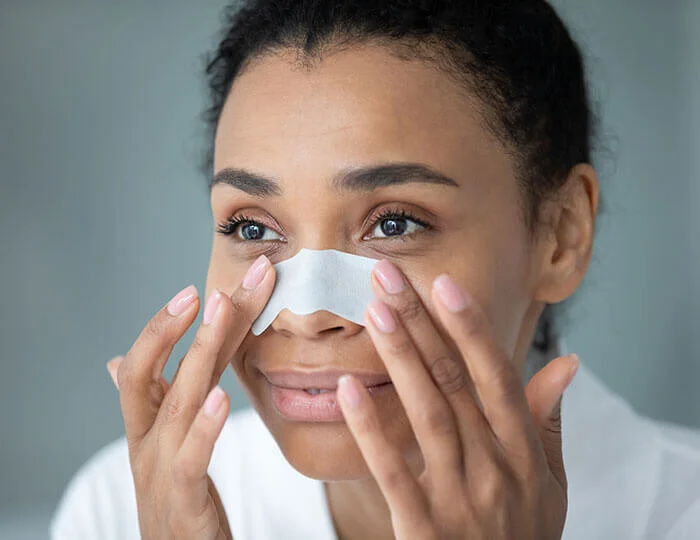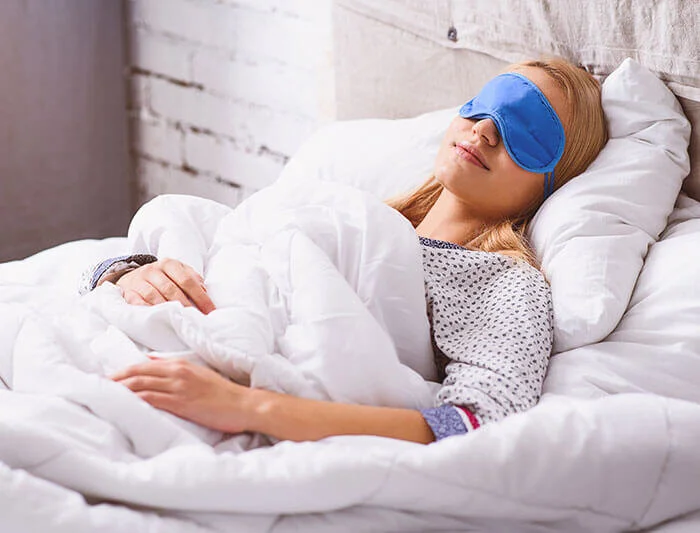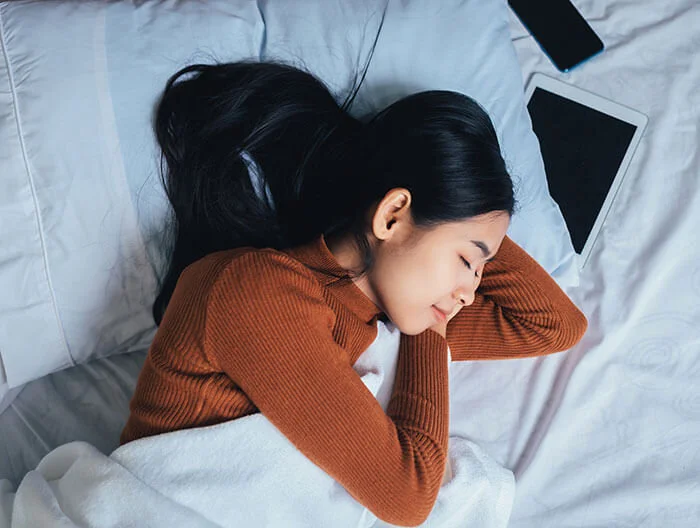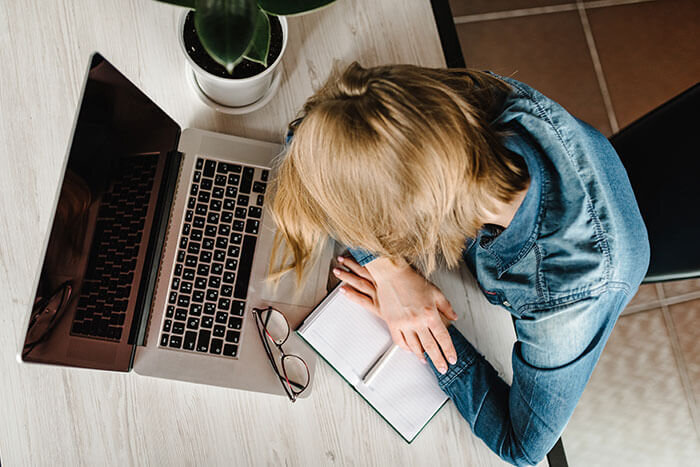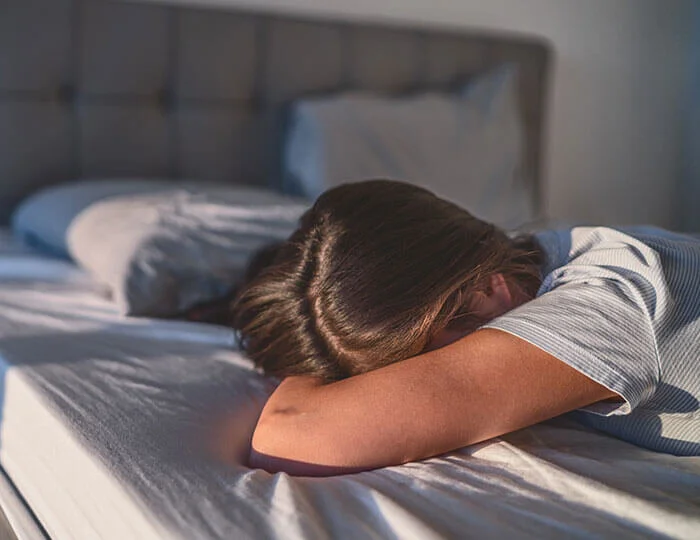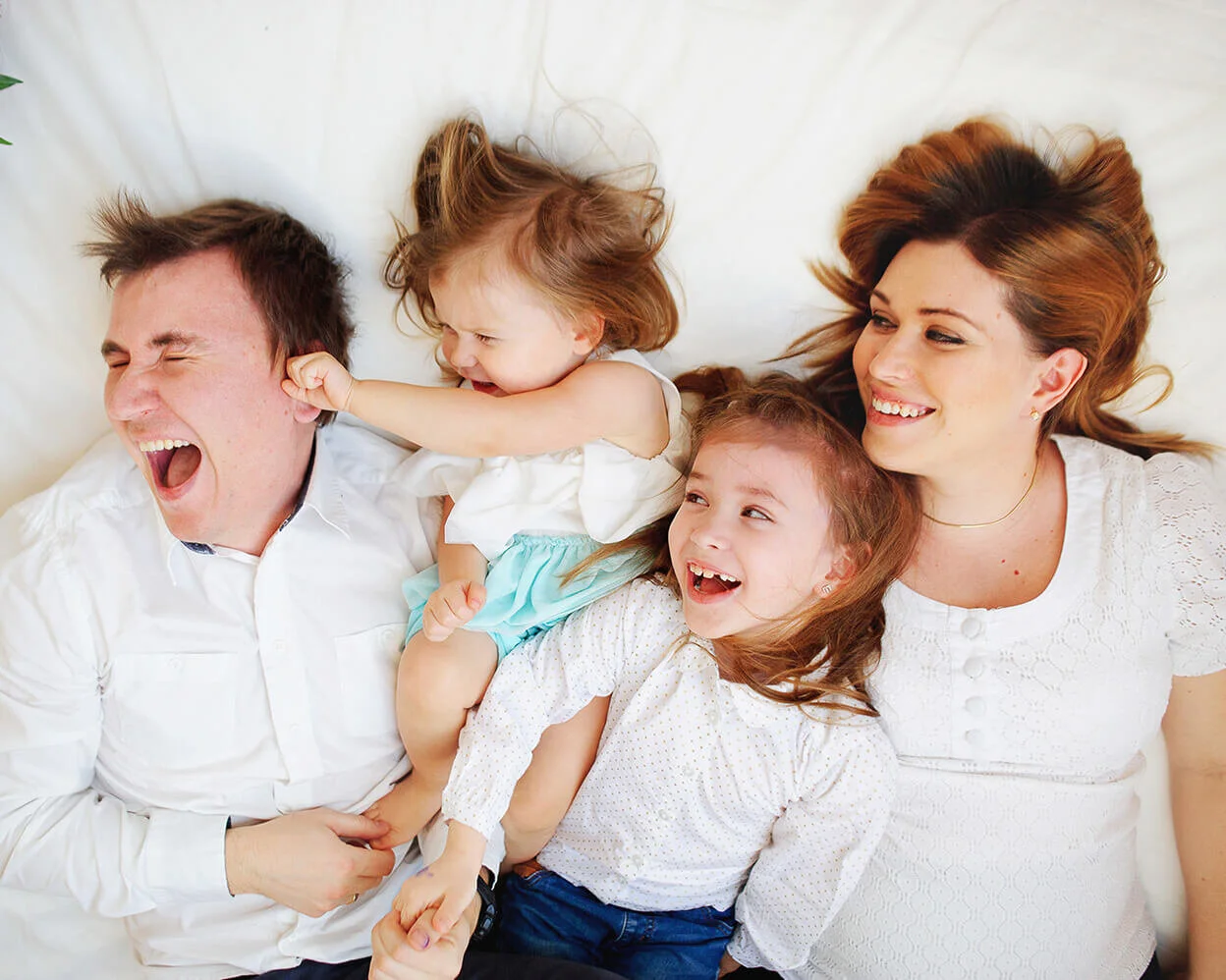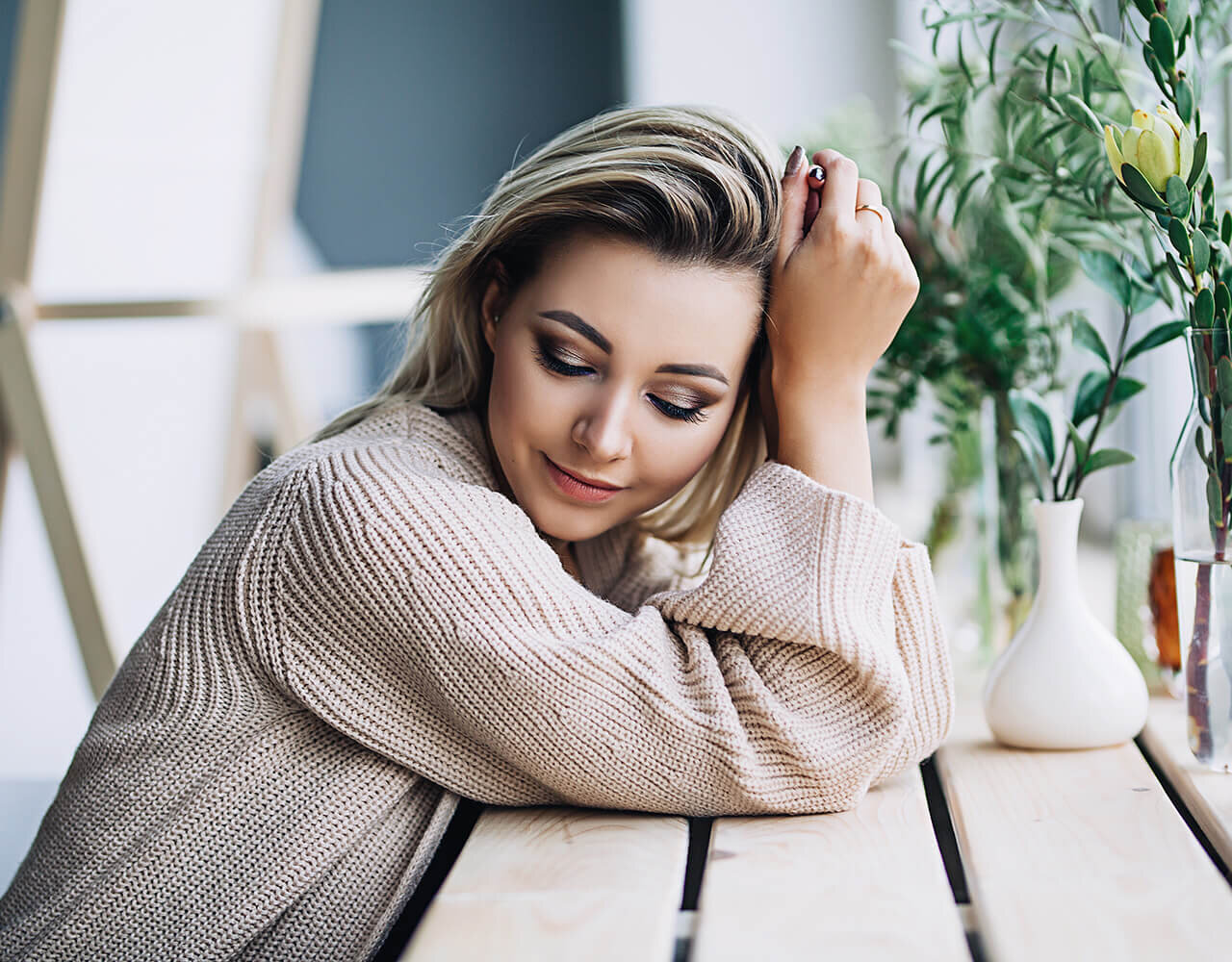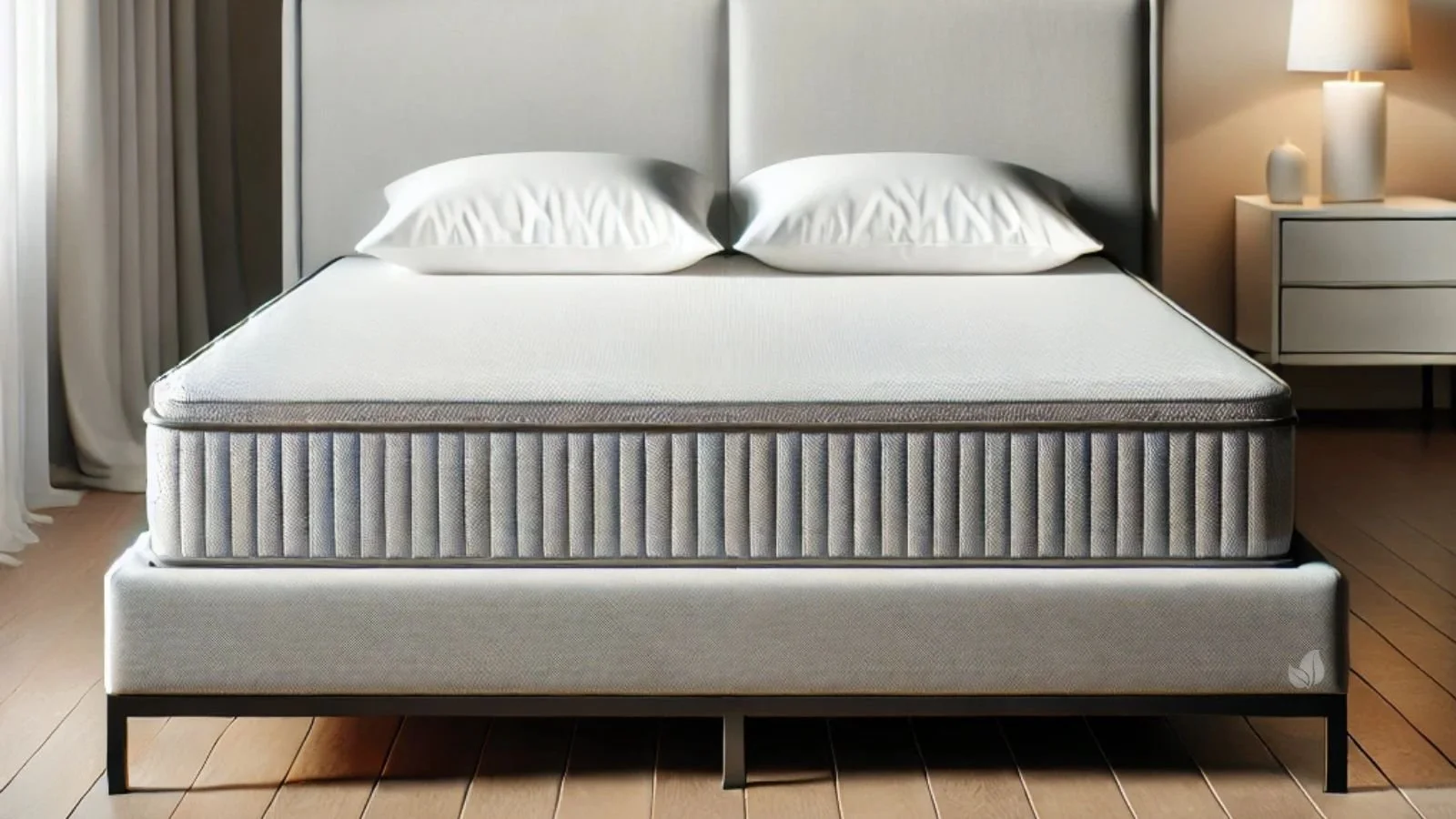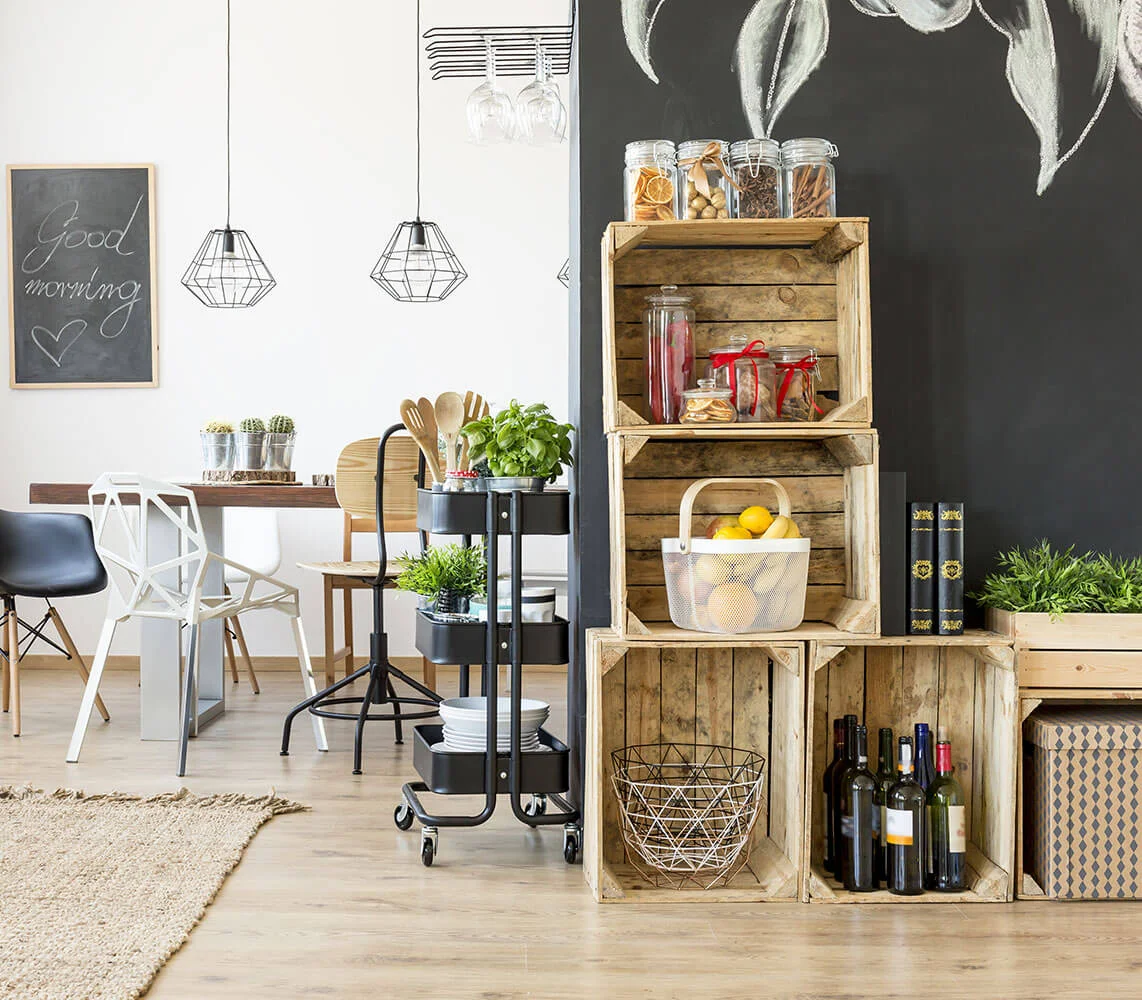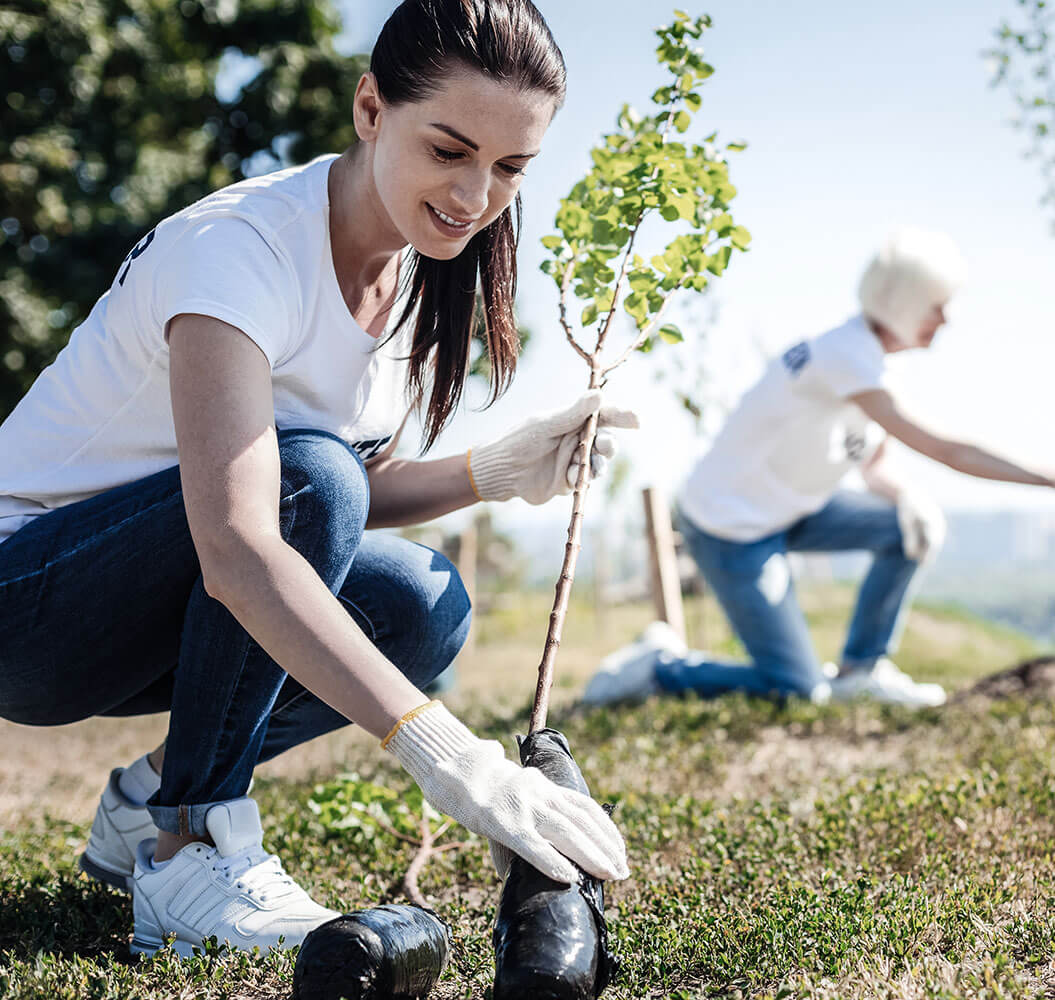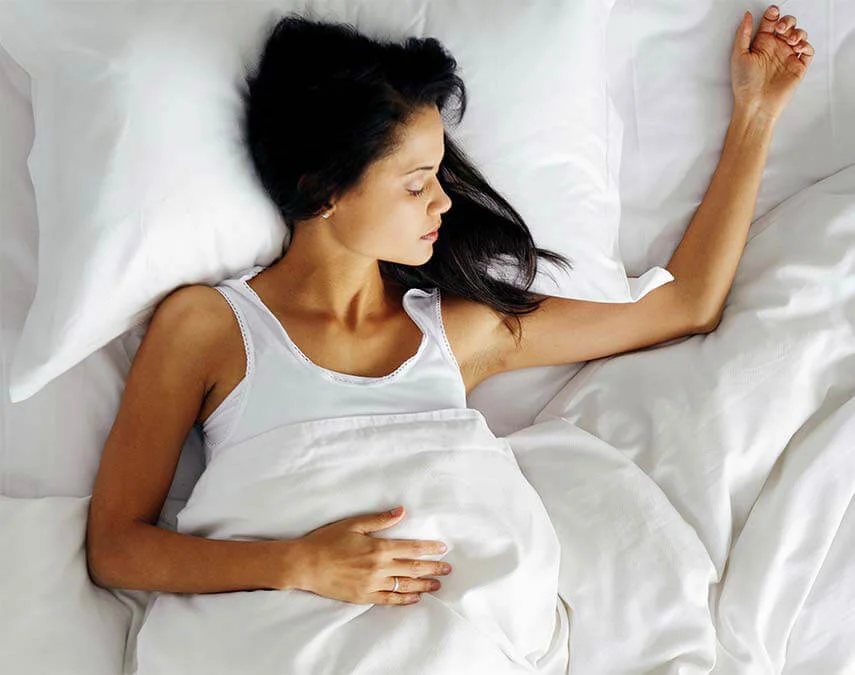Sleep Tips In A Coronavirus World
If you feel like you’ve been having trouble getting enough quality sleep lately, you’re probably not alone. The COVID-19 pandemic has caused many of us to suffer from anxiety and poor sleep.
Getting a good night’s sleep has never been more important than now, in the midst of the coronavirus pandemic, but if you find yourself struggling to log an appropriate number of zzz’s each night, you may want to consider some of these sleep tips.
Anxiety
You don’t have to have struggled with a pre-existing condition before the coronavirus pandemic in order to feel the effects of anxiety now. Whether your feelings of anxiety are heightened by the fact that you might be getting less physical activity as a result of the lockdowns or you just feel anxious about the current state of the world in general, it’s clear that many people are feeling the impacts of this devastating disease.
With schedules changing, work hours all over the place, and plenty of health- and financial-related stress, we wouldn’t blame you if you’re struggling from some sleep issues.
However, sleep is important now more than ever - not just to help you function from day to day but also to help boost your immune system and fight off feelings of low mood and anxiety. That’s true regardless of whether you have a pre-existing anxiety disorder or other mental health condition.
Luckily, although you can’t control the progression of the pandemic, there are steps you can take to help combat your feelings of anxiety and to get better, higher-quality sleep.
Don’t Read The News Before Bed
It’s totally normal to feel anxious about everything that’s going on in the world, but unfortunately, when you feel anxious, your body will automatically react by going into a fight or flight state. Your brain is designed to keep you awake if it thinks you need to fight off a threat.
Unfortunately, your brain can’t discriminate between a benign threat - like how you’re going to handle tomorrow’s Zoom call for work - and a more serious one - like being chased by a tiger. Try as you might to get yourself to go to sleep, your innate survival mechanisms might be telling yourself otherwise.
When you don’t get enough sleep, your brain continues the cycle of anxiety and makes it even harder to function the next day - or to get enough sleep that night. The longer you are awake, the harder it is for the various parts of your brain to communicate with each other, particularly the parts of the brain responsible for emotions. It becomes a vicious cycle as your anxiety leads to a chronic sleep disorder known as insomnia and the insomnia causes further anxiety.
One of the best things you can do if you are struggling with sleep and anxiety during the pandemic is to cut yourself off from the news right before bed. Although you rightfully want to stay connected to what’s going on in the world, it won’t help you to tune in to the latest tragedies and litany of bad news right before you log off for the night.
It’s important to stay informed, but protect your brain right before you go to bed. Don’t load up on the news late in the evening and especially try to stay off social media. This can be hard, particularly if you’re trying to stay connected with your loved ones via FaceTime, Zoom, Facebook, or some other social media network.
Staying constantly tuned-in is bad for your sleep in more than one way though. In addition to causing heightened anxiety, using an electronic device to check the news right before bed can also impact your sleep. That’s because electronics emit blue light, which can suppress your normal release of the hormone that causes you to become drowsy - melatonin.
There’s nothing wrong with checking the news, but do so midmorning rather than as the last thing you do each night.
Find Something Relaxing To Do Before Bed
Rather than scrolling through soul-crushing news updates on your phone right before you head to sleep, consider engaging in a more relaxing activity, like reading a book, taking a hot bath, or listening to some calming music right before bed. You might also try meditation - using an app like Calm or Headspace or even a simple self-guided activity called progressive muscle relaxation can help you unwind.
Sleep Environment
Maintaining good sleep hygiene is important at all times, but especially when you’re struggling with anxiety. Set the scene for good sleep by turning down the lights and keeping your sleeping area cool. The ideal temperature for sleep is around 60 to 67 degrees Fahrenheit - likely much cooler than you are currently keeping it.
Coronavirus Anxiety Can Be Reduced By Going To Bed
Go To Bed When Tired
Try not to go to bed when you think you should or you’ll struggle for much longer to fall asleep. Going to bed too early is counterproductive because you’ll lie in bed ruminating and feeling frustrated.
Instead of going to bed right away, try staying up to read until you fall asleep. By doing this, you’ll be able to participate in a welcome distraction and allow sleep to come to you rather than the other way around. You’ll spend less time worrying and it will give your mind a place to go rather than worrying all the time.
Sleep Routine
Rather than forcing yourself to go to bed when you think you should, try to go to bed and wake up at the same time every day instead, allowing your body to set the rhythm for the ideal times. These will be different for everyone.
In general, going to bed early is recommended if you want to get better sleep, as it will help you tune in with your natural circadian rhythm. The same goes for avoiding the urge to sleep in, as this is not conducive to a healthy sleep-wake cycle. Of course, this will vary for everyone, so don’t panic if you find yourself outside the norm.
Going to bed and waking up at the same time every day will help condition your body to feel tired and then later, wakeful, at the appropriate times. Sleep in too late, and the next evening, you won’t be sleepy at the normal bedtime. This can lead to a vicious cycle of being overtired and sluggish-feeling.
Something else that can mess with your bedtime is curling up on the couch for a long nap (particularly during the late afternoon or evening hours). This, too, can mess with your nighttime sleep, with the exception being if you are seriously sleep-deprived and know that a nap will be the only thing to get you through the day.
As much as you can, try to get yourself into a good sleep routine by more or less following the same daily routine. There are certain activities that you can arrange around various times of the day to help your body get into a good rhythm, like exercising, eating meals, and socializing around the same time each day. You don’t have to be strict about following a harsh regimen, but doing these activities at approximately the same time each day can help you get into a better sleep routine.
Stretching
Stretching is one of the best things you can do to help your body unwind and relax. While it’s a good idea to get into a solid stretching routine before you go to sleep, stretching is also an activity you can turn to if you find that you suddenly aren’t able to fall back asleep in the middle of the night, either.
Rather than tossing and turning, get out of bed and do a light, quiet activity like stretching, foam rolling, reading, meditating, or journaling. Don’t stay in bed, as this will cause you to feel more anxiety and worry. You don’t want to associate your bed with these feelings - you’re better off associating the bed with sleep-conducive states like sleepiness and relaxation.
No Alcohol Before Bed
If you’ve found yourself enjoying a tipple more often now that the pandemic has hit in full force and stay at home measures have covered the entire country, you’re not alone. Many people are using alcohol to cope - but unfortunately, drinking too much or too late at night won’t help your sleep (or your overall health) all that much.
You might feel like a drink helps you fall asleep, and that’s probably true. However, it is likely going to keep you from getting quality shut-eye. When you drink and your body begins to metabolize the alcohol, it has a sedating effect, but as soon as your body begins the process of eliminating it, it causes you to become more alert.
Not only that, but alcohol is a known diuretic, meaning it will increase your urine output so you’ll have to head to the bathroom more often during the night. If you can, stop drinking around three hours before you head to bed on your new organic mattress and consider consuming alcohol only in moderation (one drink a day for a woman and two for a man).
Caffeine isn’t immune from criticism when it comes to sleep quality, either. Try to avoid over-caffeinating yourself at all times throughout the day, but especially right before you head to bed. It has a stimulating nature that will keep you awake far longer than necessary. Quit drinking coffee after lunch and try to cut back by drinking one fewer cup per day.
Exercise
Although many people in various parts of the country have been issued stay-at-home orders, that doesn’t mean you can’t get any exercise. There are all kinds of activities you can do that will not only help keep your mind and body busy, but will help relieve anxiety and stress so you sleep better at night.
There are all kinds of options you can choose from, even if you’re stuck at home. Walking, cycling, weightlifting, and yoga are all good options. Even stretching counts!
Any kind of exercise will work as long as you can do it in a socially distanced and safe manner. However, you may want to steer clear of a high-energy class immediately before bedtime, as this can make it more difficult for you to fall asleep.
While exercise is a great way to make your mind and body feel better during the pandemic, try not to panic if you don’t jump back into training for a marathon or lifting weights two hours a day right away! Getting good habits in place and staying healthy is important, but it’s not a good idea to burn yourself out, either.
Helpful Sleep Tips To Consider To Reduce Anxiety and Stress Related To Coronavirus
If you find that the coronavirus is ruining your sleep, you may want to pursue some other outlets for your anxiety and stress. Rather than ignoring the fact that you are anxious and stressed, consider what the specific causes of those feelings might be. Don’t push the feelings away but instead acknowledge them. Are you worried about work? Your health? Your family?
Flesh out those worries and if you can, come up with some potential solutions and an action plan to help you process and address those fears. If you can, call up a friend and talk or do some meditation to bring your thoughts into the present rather than worrying about uncertainty in the future.
It’s easy to lie awake at night and worry about all the things you should be or could be doing right now. However, it’s important to recognize that these are unprecedented times and that all you can do is your best when it comes to getting enough sleep. Rather than panic because you aren’t able to fall asleep at night, accept the fact that it’s not going to happen at the moment and be as kind to yourself as possible.
There’s no “wrong” way to sleep, so do what you can to get some restful hours. Every night is a new night - so try your best to do what’s right for you. With any luck, the pandemic will end and you’ll be back to your regular nightly snore fest!
Lisa Czachowski is a professional social blogger and has worked on several online publications including Citrus Sleep. Lisa is an experienced content writer and copyeditor. You will find many of her works throughout CitrusSleep.com that cover a wide array of subjects including sustainability, natural, sleep products, health, fashion and many more. She is passionate about what providing as much information as possible on products you bring in your home and what we wear.
Follow Lisa at Lisa Czachowski


